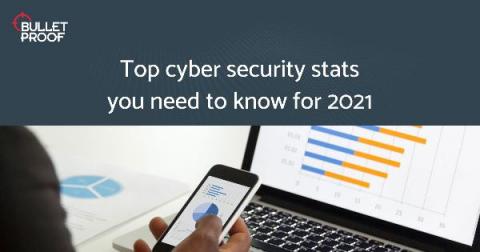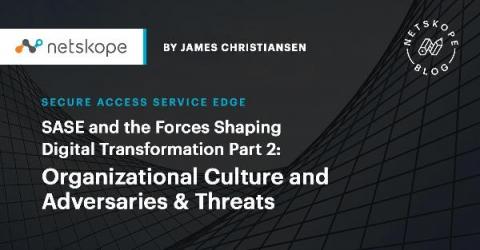Online purchase scams spike since the start of COVID-19, reports BBB
Scams occurring during online purchases have spiked since the start of the pandemic, as reported in new research conducted by the Better Business Bureau (BBB). Around 80.5% of consumers who reported this type of scam this year lost money, compared to 71.2% in 2015. Online purchasers scams have been among the three riskiest scams for the past three years but the situation has become significantly more severe in 2020.









